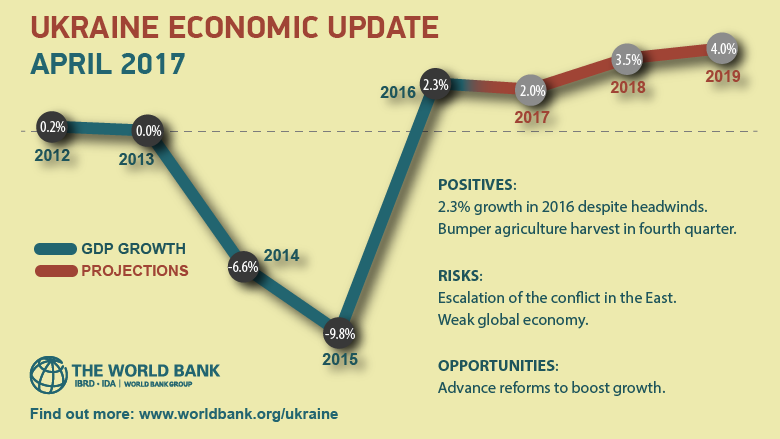International business investment can be a daunting task, with many complexities and challenges that can potentially derail a company’s efforts to succeed in global markets. These challenges are compounded by factors such as language and cultural barriers, differing regulatory environments, and a lack of understanding of local business practices. In this article, we will explore some of the important considerations for navigating the complexities of international business investment.
1. Conduct Comprehensive Market Research
Before making any international investment decisions, it is essential to conduct in-depth market research on the country or region of interest. This research should include an analysis of the local business environment, economic trends, political stability, cultural norms, and legal/regulatory frameworks. Additionally, companies should gather information on competitors, potential partners, and possible risks to their investment.
2. Establish Strong Local Partnerships
Establishing partnerships with local players can help businesses overcome many of the challenges associated with international investment. Local partners can provide invaluable insights into local customs, business practices, and regulatory requirements. They can also help navigate potential language and communication barriers and offer introductions to key players in the local market.
3. Ensure Compliance with Local Laws and Regulations
Investors need to understand and comply with the unique legal and regulatory environment of the country in which they are investing. Legal barriers to entry can include restrictions on foreign ownership, currency conversion regulations, and stringent licensing requirements. Non-compliance with local laws and regulations can quickly lead to costly fines or penalties that can cripple an investor’s ability to operate effectively in the local market.
4. Minimize Currency Risk
Investors face significant currency risk when investing in foreign markets. Currency fluctuations can impact the value of investments, as well as the profitability of local operations. To minimize currency risk, companies need to implement strategies such as currency hedging, using local currencies for transactions, or obtaining local currency financing.
5. Develop a Strong Corporate Social Responsibility (CSR) Program
CSR is an essential consideration for businesses operating in foreign markets. Companies must understand and respect the cultural and social norms of the local market and ensure that their operations are sustainable, ethical, and socially responsible. Failure to do so can have serious consequences for businesses, including reputational damage and potentially costly legal action.
In conclusion, investing in international markets can be a challenging and complex endeavor. Successfully navigating these challenges requires careful planning and research, adapting to local business practices, and forming strong partnerships with local players.
Companies need to engage with all relevant stakeholders, including local governments, business leaders, and community organizations to ensure they establish a presence in the market that is both beneficial and respectful. By taking these steps, businesses can minimize risks and maximize their chances of success in global markets.


